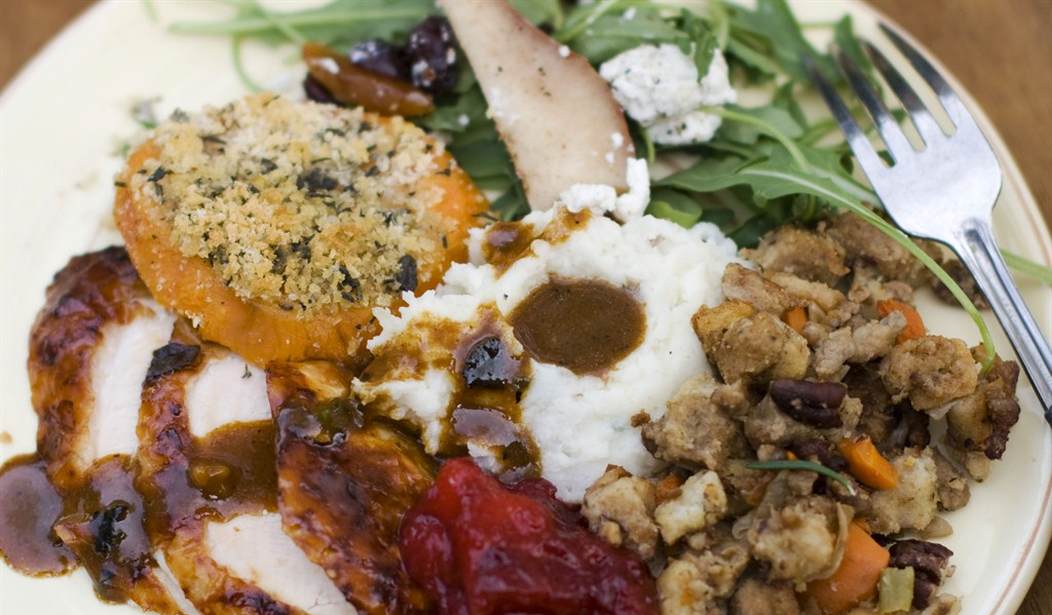Thanksgiving evening, after the table is clear and the dishes are washed, has traditionally been a drowsy evening of nibbling leftover pie and visiting with family--a last deep breath before the rush of the holiday season.
In the last couple of years, however, this tradition have given way to something decidedly less Rockwellian, as major retailers have pushed their Black Friday shopping hours all the way back intoThursday evening, or even all day--crowding out family time and Thanksgiving dinner, and bringing their employees in to work on this most family-oriented of holidays.
Brick-and-mortar retailers are in the middle of a second difficult decade, squeezed by rising costs, a still-sluggish economy, uncertainty in the market and the political climate, and stiff competition from retailers online. They also have obligations not just to their shareholders but to thousands of employees who have to pay rent and buy groceries this winter.
To that end, many retailers are looking to Thanksgiving Day sales as the boost they need to meet their bottom line this holiday season. Stores that choose to open on the holiday cite a sense of urgency and the lure of convenience as motivators for their customers – and the edge they need over their competitors.
But it’s possible to understand the difficult economic climate that retailers face and still see a human face to this business decision. Opening on Thanksgiving drags thousands of employees away from Thanksgiving celebrations – away from the last truly family-oriented holiday we celebrate, when faraway relatives travel hundreds of miles and overscheduled children and grandchildren pause to spend a day with their elders.
Recommended
Thanksgiving Day openings have triggered stiff backlash, with countless online petitions encouraging boycotts – and some retailers using their own decisions not to open on Thanksgiving as a goodwill marketing campaign.
Meanwhile, three states - Massachusetts, Maine and Rhode Island – prohibit stores from opening on Thanksgiving Day, in a throwback to their Puritan heritage. Commentators who usually look suspiciously on anything that resembles a “blue law” have had good things to say about these bans.
And there lies the potential minefield. In an age when “there ought to be a law” has become a pro forma response to almost anything that someone, somewhere doesn’t like, there are lots of people who don’t want retailers to be open on Thanksgiving.
But regulation isn’t the answer. Nor, really, are public pressure campaigns that take the form of bullying and intimidation against companies who are just trying to stay afloat. The answer to Thanksgiving Day openings – as it is to so many problems – is to remember that our republic was designed to work best as a series of communities that care for one another and make their own decisions.
Companies shouldn’t be prohibited from trying to do right by those who depend on them. They shouldn’t be subject to intimidation for simply trying to survive. But they should remember that they and their employees are part of a community, and that in a free society it’s incumbent among members of a community to care for each other, to sacrifice what they can, and to encourage social cohesion. Put another way, it’s worth it for companies to evaluate whether, in opening on Thanksgiving, they lose more in employee health and morale and community goodwill than they might gain from that day’s sales.
The Pilgrim fathers we salute on Thanksgiving Day survived, thrived, and built the greatest nation in the world by relying on community. In a world with complex but certainly less life-or-death challenges, can’t we do the same?

























Join the conversation as a VIP Member